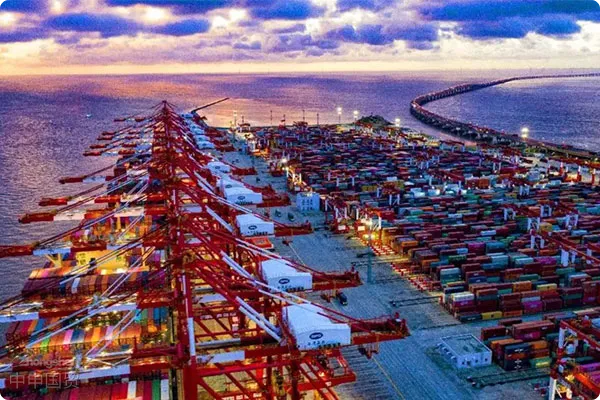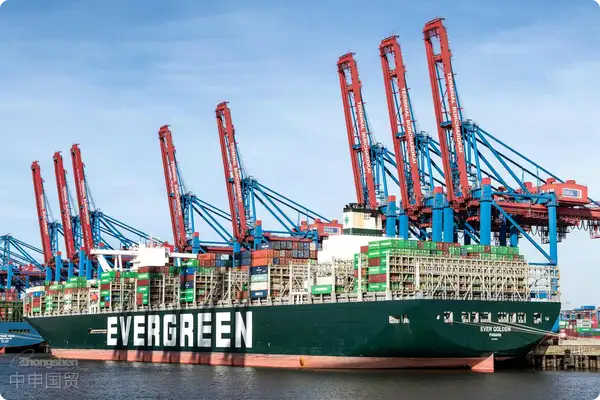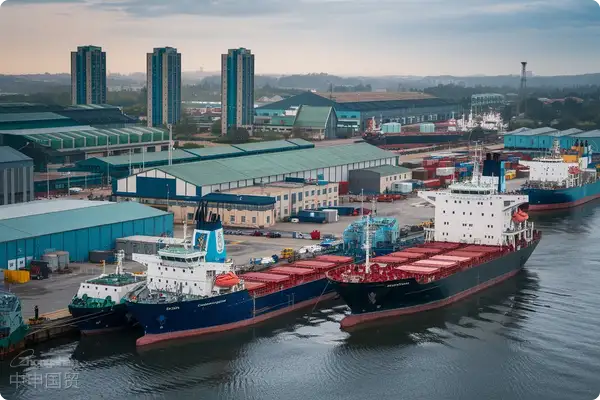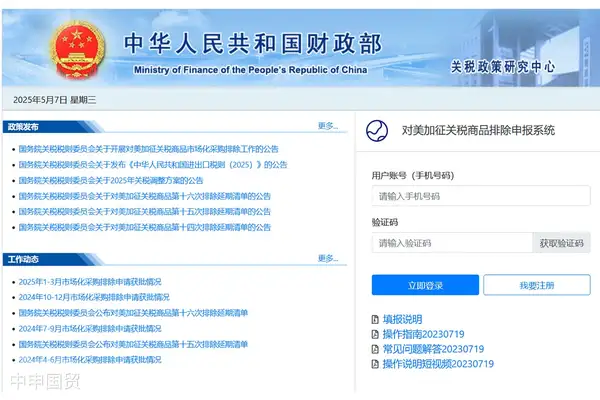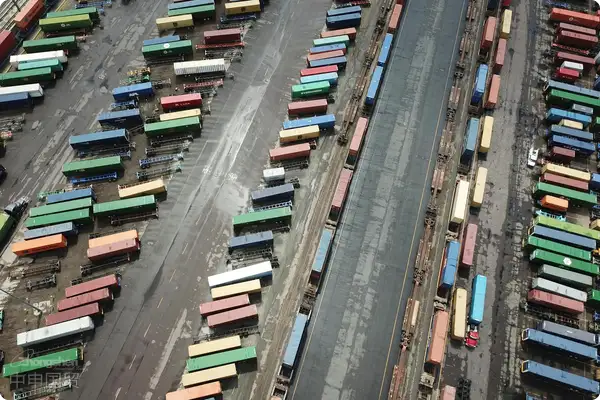- Shanghai Zhongshen International Trade Co., Ltd. - Two decades of trade agency expertise.
- Service Hotline: 139 1787 2118
On November 25, the Bureau of Industry and Security (BIS) of the US Department of Commerce announced an important new regulation, implementing stricter export, re - export, and domestic transfer control measures on six major categories of commodities, targeting the Pakistani market. This regulation will come into effect on December 25 and is a further restriction on Pakistani entities access to US commodities.
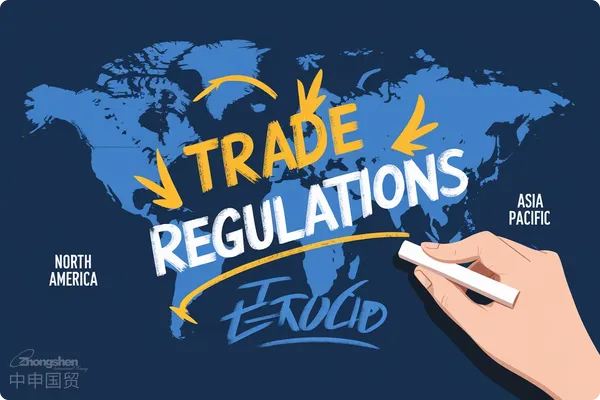
I. Background and Policy Motivation
Since Pakistans nuclear tests in 1998, the US has imposed strict license requirements on certain Pakistani entities related to nuclear or missile activities. Currently, 162 Pakistani entities have been included in the Entity List. Through long - term due diligence, BIS has confirmed that some Pakistani companies and their agents are actively seeking six specific categories of commodities, which have important dual - use attributes and may be used in sensitive fields such as nuclear development.
Alan F. Estevez, Under Secretary of Commerce for Industry and Security, pointed out: We often conduct investigations on various parties around the world based on transshipment issues. Todays control measures will enhance our national security and make it more difficult for Pakistani entities to obtain these commodities from the US. This statement indicates that one of the US governments concerns in export compliance reviews is to prevent these commodities from ultimately entering sensitive uses through intermediaries.
II. Scope of the New Export Control Measures
The controlled items this time are specifically listed under Export Control Classification Numbers (ECCN) 1B999, 2A992, 2B999, 3A992, 3A999 and 6A996 of the Commerce Control List. The following commodities are specifically included in the controlled scope:
- Particle accelerators
- Certain stainless or alloy pipes and valves
- Certain pumps and welders
- Oscilloscopes
- Chromatographs and spectrometers
- Magnetometers
These commodities mainly involve high - tech instruments and industrial equipment, which have dual - use attributes. They can be used for ordinary industrial or scientific research applications, and may also be used in nuclear - related activities.
III. License Requirements and Compliance Recommendations
According to the new regulations, when exporting, re - exporting or making domestic transfers of these items to Pakistan, an export license from BIS must now be applied for. BIS will strictly review these applications based on US national security and foreign policy to ensure that these key dual - use commodities are not used in activities that violate US interests.
Yesforeign tradeFor enterprises and relevant exporters, the following points need special attention:
- Review the ECCN classification of the product.Exporters need to carefully review the Export Control Classification Number of their export products to confirm whether they involve the controlled items in the new regulations. If so, they need to cooperate with the compliance team immediately to prepare the license application materials.
- Strengthen the due diligence processExporters should strengthen the due diligence on the customer background and transaction chain, especially for transactions with Pakistan. Ensure that the buyer and its end - user are not on the Entity List and have a credible credit level.
- Apply for the license in a timely mannerFor export plans involving these controlled items, enterprises should prepare relevant materials in advance and apply to BIS for a license to avoid export delays due to the license approval time.
IV. Compliance and Trade Risk Management
Such export control measures reflect the high attention of the US government in regional security and non - proliferation. For exporters, understanding and complying with relevant regulations in a timely manner can not only avoid compliance risks, but also safeguard the good reputation of the enterprise in the global supply chain.
In addition to applying for a license, exporters can also take the following measures to reduce compliance risks:
- Establish an internal compliance systemSet up a special export control compliance department to ensure that all relevant personnel are familiar with and abide by export control regulations.
- Train employeesEspecially employees in the sales, logistics and compliance departments need to receive regular training on export control - related regulations to ensure compliant operations.
- Cooperate with legal counselIf faced with complex transactions or unclear understanding of policies, it is recommended to consult professional trade compliance legal counsel to obtain clear guidance.
V. Conclusion
The strict export control measures implemented by the US against Pakistan this time are mainly out of consideration of preventing sensitive items from flowing into the nuclear development field. As exporters, understanding these compliance requirements and strictly implementing them in actual business is an important means to meet the challenges of international trade compliance. Especially for those exporters involved in dual - use commodities, more attention should be paid to compliant operations to avoid violating the law and suffering corresponding penalties.
Related Recommendations
? 2025. All Rights Reserved. Shanghai ICP No. 2023007705-2  PSB Record: Shanghai No.31011502009912
PSB Record: Shanghai No.31011502009912
